Observing research translation in action through a virtual workshop: An example from Northern Iraq
On May 20, 2020 Juan Posada-Burbano facilitated a research translation strategy workshop to establish a shared understanding of the knowledge gaps addressed early on in the research project. The discussion at the end of the workshop focused on how to identify practitioner stakeholders, incentivize deep collaboration, and how to disseminate research results and products to encourage wider application. The virtual platform enabled the participation of people in various geographic locations to contribute to the discussion, share knowledge, and brainstorm. This workshop and discussion is a prime example of the idea of embedded research translation that is central to LASER PULSE’s goal to bridge researchers, and practitioners in NGOs and government agencies to collaborate on research solutions for development. LASER PULSE promotes an iterative do-design process to integrate partners early and throughout the research collaboration so that the research is custom generated to be more readily adapted and applied to address the development challenge.
Juan Posada-Burbano is from the Pulte Institute for Global Development at the University of Notre Dame on May 20, 2020. Other participants in the workshop were representatives from the LASER PULSE consortium, USAID, the University of Duhok, Indiana University, and the Stockholm International Peace Research Institute (SIPRI). Juan presented the research, titled “Support to Traditional Cultural Practices in Northern Iraq,” which aims to identify the most “culturally valuable” agricultural resources by members of a minority group in Northern Iraq. The expected outcomes of the research translation project are to understand the needs of the minority groups and to document how to restore their cultural practices. Together, the researchers and USAID staff established a foundation to work together effectively on development research, through a cultural restoration lens, that could inform programming decisions made by local and international organizations implementing activities in Ninawa Province.
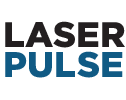
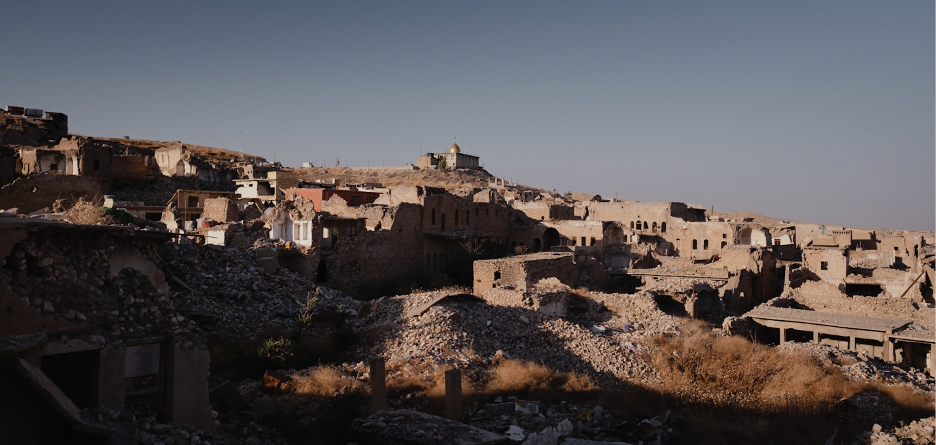
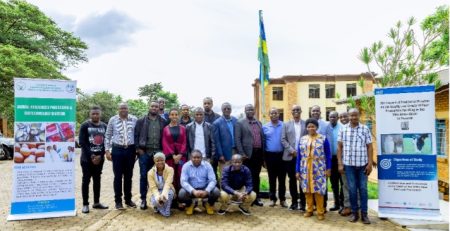
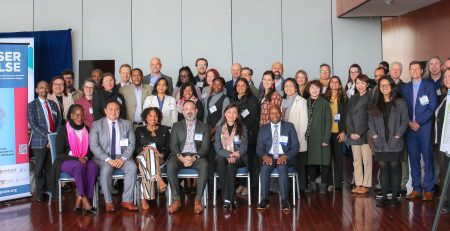
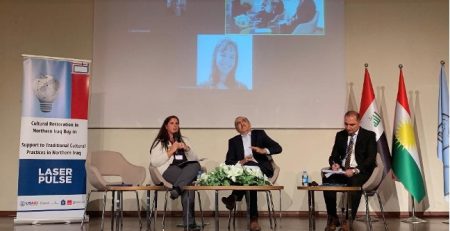
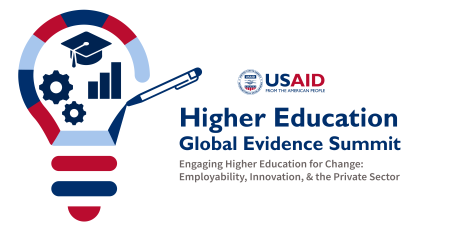
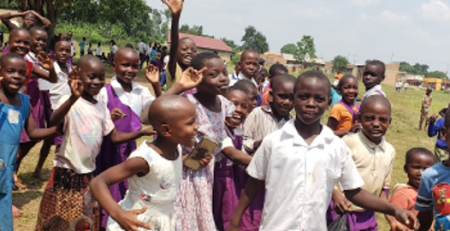
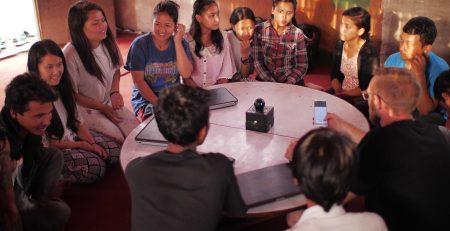
Leave a Reply
You must be logged in to post a comment.